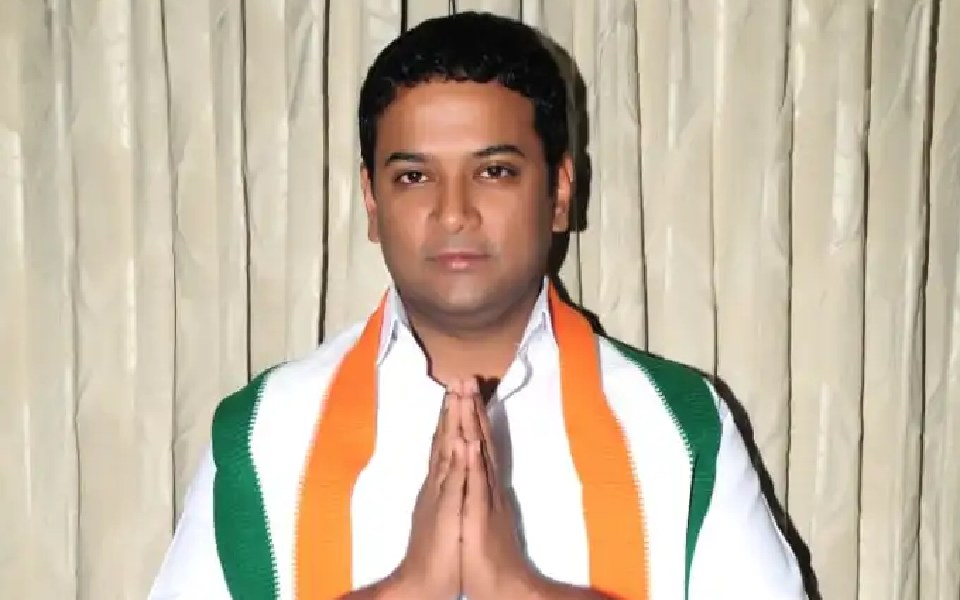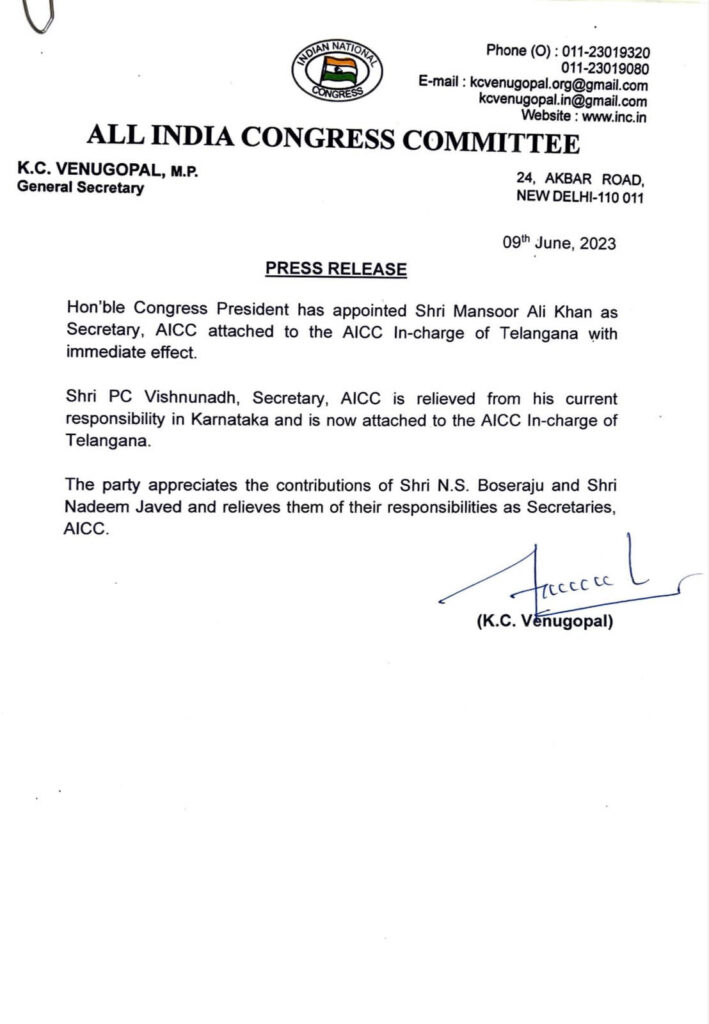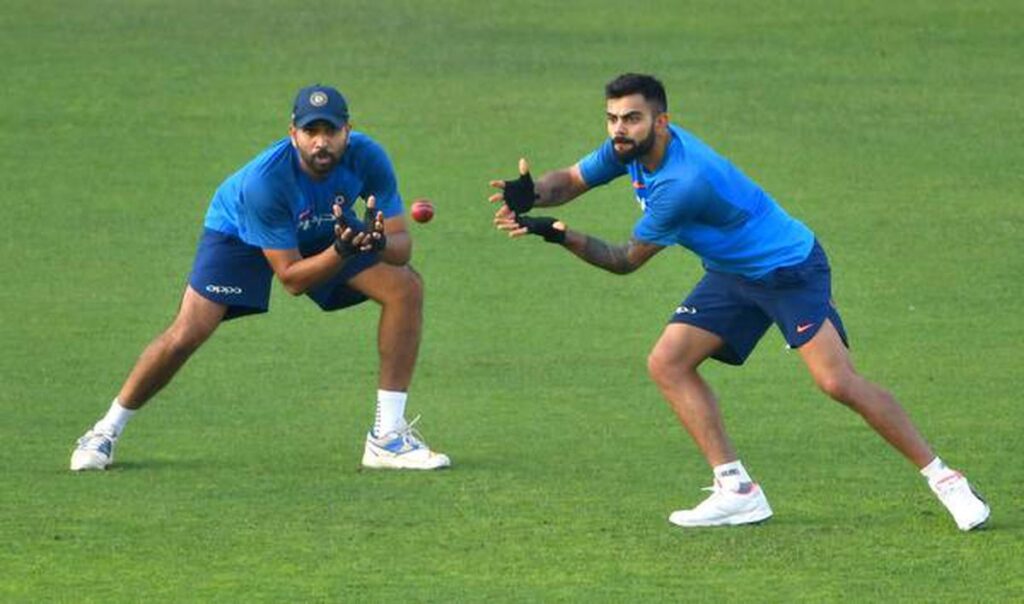INDIA :

Around 20 Muslim candidates were runners-up in the 18th Lok Sabha elections. Of them 7 lost to other Muslim candidates and the rest to other candidates.
Two of these were knocked out by Muslim candidates which made a cakewalk for BJP. In Amroha, UP, Danish Ali of INC secured 447836 votes against BJP’s Kanwar Singh Tanwar who got 476506, just 29670 more votes. Whereas BSP’s Mujahid Husain secured 164099 votes and finished third. Another four Muslims were also in the fray as independent candidates who together poled only 4503 votes.
Hafiz Rashid Ahmed Choudhry of INC from Karimganj, Assam lost to BJP’s Kripanath Mallh by just 18360 votes. Whereas the third in row was a Muslim from United Front, Shahbul Islam Choudhry who secured no less than 29205 votes. There were another 10 Muslims in the fray as independent candidates who secured 20162 votes combined. This invites the apolitical Muslim influential individuals’ and organizations’ role in making one strong Muslim candidate winnability bleak.
Shahnawaz of Rashtriya Janata Dal, in Araria, Bihar lost to BJP candidate by 20094 votes. There were five Muslim independent candidates totally scoring 39992 votes.
Mohammad Badruddin Ajmal, AUDF, in Dhubri Assam lost by 1012476 votes. He secured 459409 against the winning candidate Rakibul Hasan’s 14,71,885 votes. There were other eight Muslim candidates from seven different outfits and one independent. All of them put together pooled 486319 votes. Zabed Islam of Asom Gana Parishad who stood third alone secured 438594 votes.
The former Chief Minister of Jammu and Kashmir Mehbooba Mufti lost to National Conference candidate Mian Altaf in Anantnag-Rajouri by a margin of 2,81,794. Another 18 candidates were there to fish in the troubled waters.
Omar Abdulla, National Conference, Baramula lost to Engineer Rasheed, an independent who got 268339, lost by 204142. There were another 19 candidates in the fray.
Waheed ur Rehman Para, Peoples Democratic Party, Srinagar finished second 168450, lost by 188416 votes to Aga Syed Ruhulla of National Conference. Another 19 candidates tried their luck.
Mujahid Alam, Janata Dal (United), Kishanganj, Bihar, ranked second position against Tariq Anwar of INC who secured 343158 votes, lost by 59692 votes. There were another five Muslim candidates who together could not score beyond 45000 votes.
Md Ali Ashraf Fatmi, Rashtriya Janata Dal, Madhubani, Bihar, 2nd position. Lost to BJP. Secured 41483 votes and lost by a margin of 151945 (other Muslim candidates – Md. Waquar Siddiqi of AIMM and Sarfaraz Alam of Akhil Bhartiiya Parivar Party).
Hena Shahab was the only Muslim candidate among the 16 in the fray in Siwan, Bihar. An independent candidate, she scored an impressive figure of 296351 votes but lost to JD(U)’s Vijaylakshmi Devi by 92857 votes.
Mansoor Ali Khan, Indian National Congress, Bangaluru Central, Karnataka finished second, lost to BJP, secured 626208 votes still lost by 32707 votes. It was a straight fight and laser finish despite there were around 21 candidates who together could not cross 45000. In his first attempt, Mansoor has made a tremendous dent in the citadel of three-time BJP MP, Mohan.
AM Ariff of CPI(M) from Alappuzah, Kerala gave a tough fight to one of the general secretaries of Congress, KC Venugopal and secured 341047 votes only to lose by a margin of 63513.
Elamaram Kareem, CPI(M), Kozhikode, Kerala finished second against INC, got 374245 but lost by 146176 votes.
- Vaseef and KS Hamza of CPI(M), from Malappuram and Ponnani in Kerala respectively lost to IUML candidates.
Mohammed Faizal PP from Nationalist Congress Party – Sharadchandra Pawar in Lakshadweep fought against Hamdulla Sayeed of INC and lost by 2647 votes.
Imtiaz Jaleel Syed, All India Majlis-E-Ittehadul Muslimeen, Aurangabad, Maharashtra, lost to Shiv Sena, by 134650 votes.
Mohammed Mubarak from All India Anna Dravida Munnetra Kazhagam, Dindugal, Tamil Nadu stood second against CPI(M) candidate.
Md Salim, CPI(M), Murshidabad West Bengal, lost to Abu Taher Khan of TMC by 164215.
source: http://www.radiancenews.com / Radiance News / Home> Latest News> Report / by Mohammed Atherulla Shariff (headline edited) / June 10th, 2024












